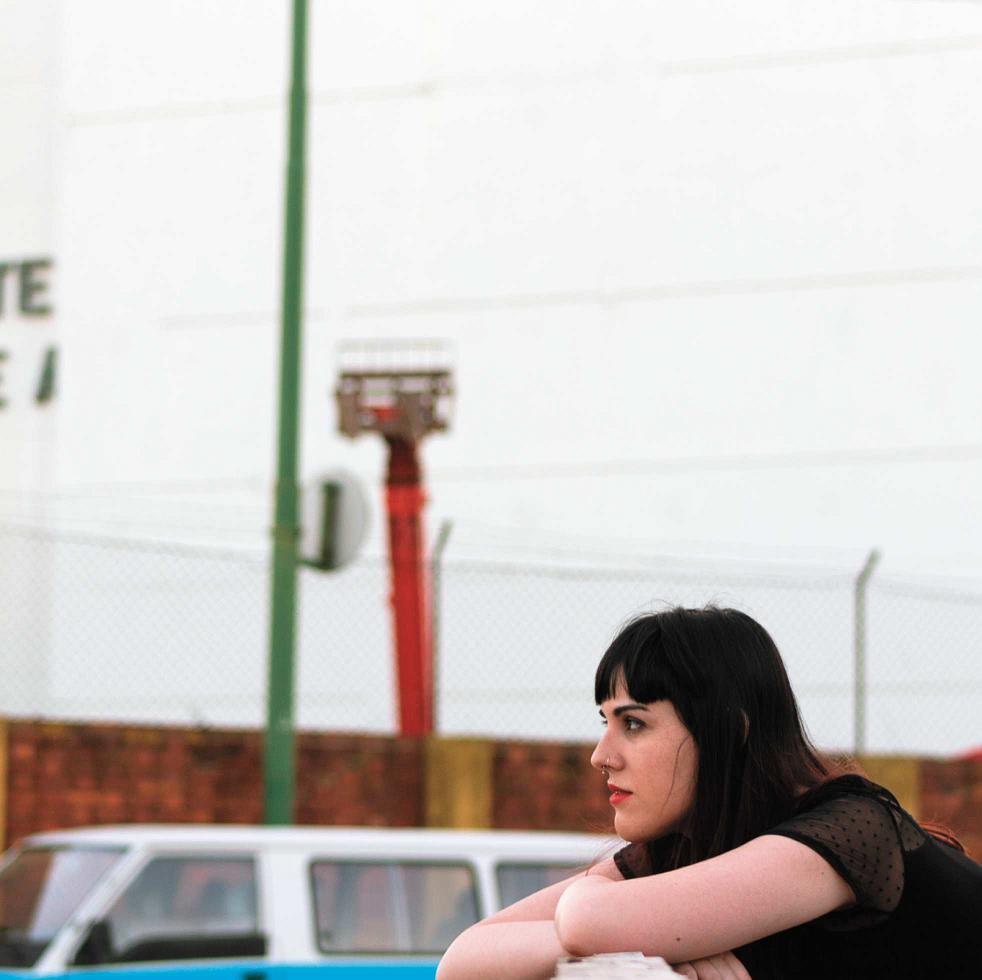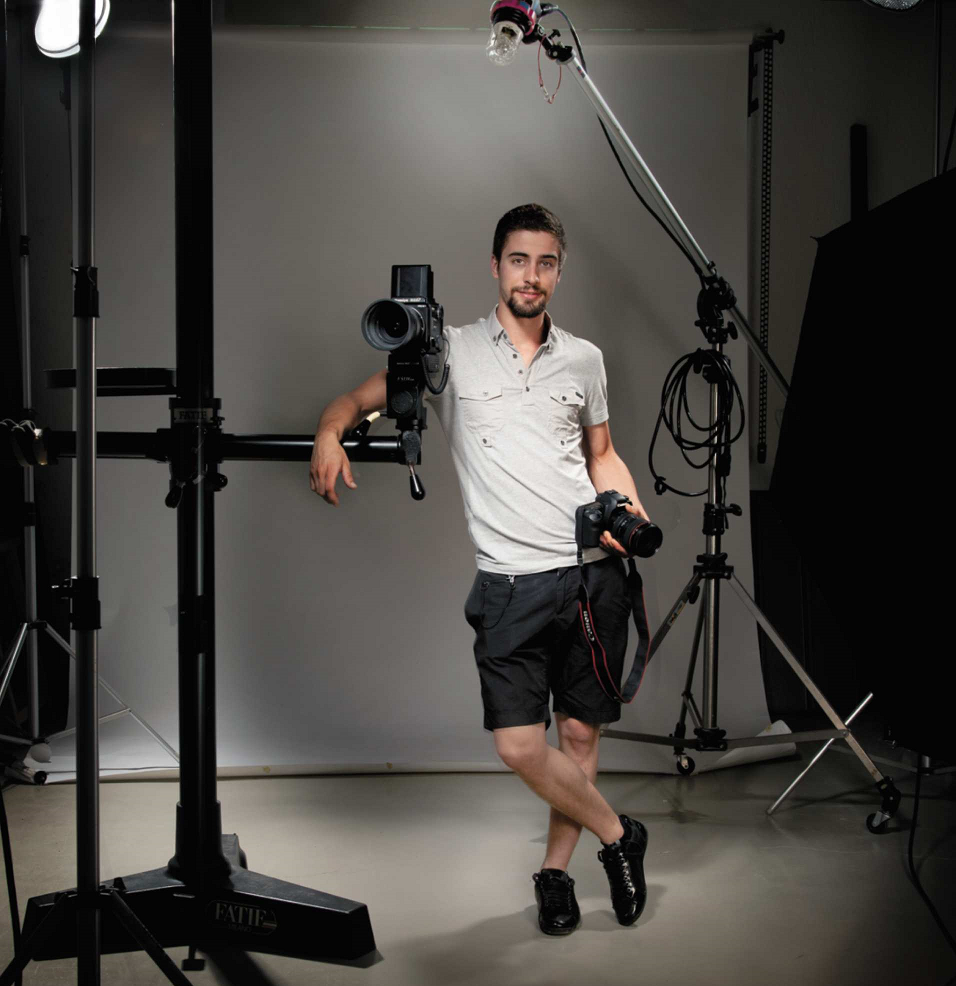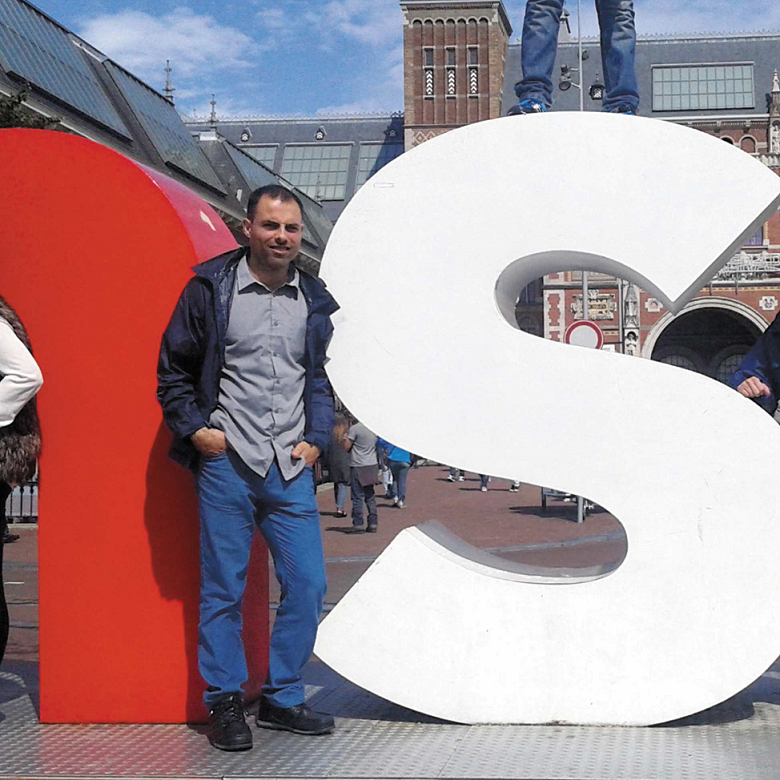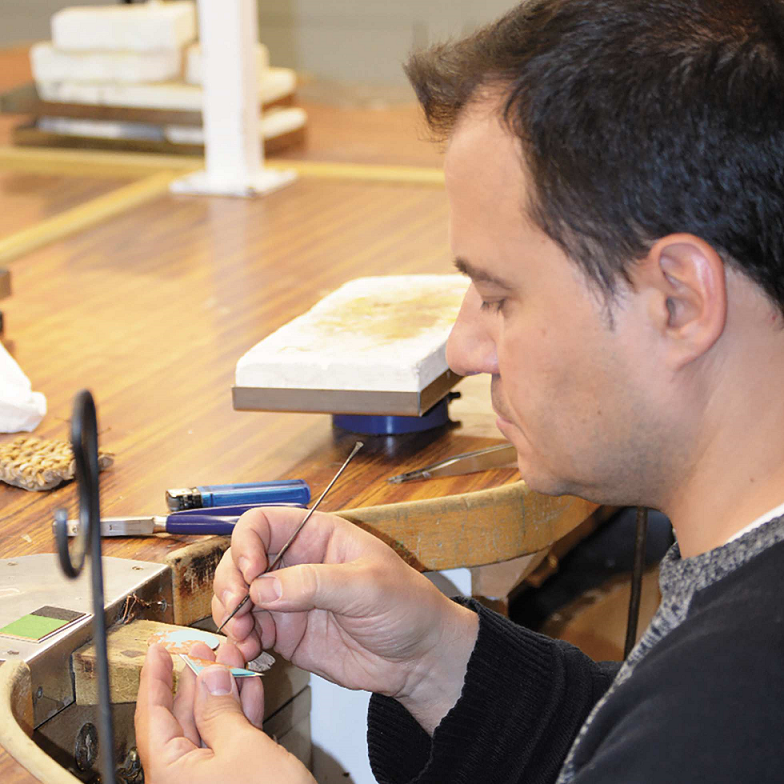 "He conocido muchos lugares hermosos, personas espectaculares, sensaciones indescriptibles..., pero lo mejor ha sido conocer cosas nuevas de mí misma "
"He conocido muchos lugares hermosos, personas espectaculares, sensaciones indescriptibles..., pero lo mejor ha sido conocer cosas nuevas de mí misma "
Andrea Madrid López, alumna de la Escuela de Arte y Superior de Diseño de Soria, realizó una movilidad de estudiantes para estudios en Escola Superior de Tecnologias y Artes de Lisboa (Portugal), durante el curso 2016/2017.
 "En esta etapa aprendí a ser profesional y disfrutar de mi trabajo"
"En esta etapa aprendí a ser profesional y disfrutar de mi trabajo"
Diego Mayor García, alumno de la Escuela de Arte y Superior de Diseño de Soria, realizó una movilidad de estudiantes para prácticas en Claudio Amadei Studio en Lago di Garda (Italia), durante el curso 2010/2011.
 "No pienses demasiado, síentelo y hazlo"
"No pienses demasiado, síentelo y hazlo"
Francisco Javier Heras Mahedero, alumno de la Escuela de Arte y Superior de Diseño de Segovia, realizó una movilidad de estudiantes para prácticas en la empresa EmadeBrie de Groningen (Holanda), durante el curso 2014/2015.
 "Abriendo mentes, creando caminos. Una gran vivencia personal y profesional"
"Abriendo mentes, creando caminos. Una gran vivencia personal y profesional"
José Luis Castaño Gregorio, profesor de la Escuela de Arte y Superior de CRBC "Mariano Timón" de Palencia, realizó una movilidad de personal para formación en la Escola Superior de Artes y Desing de Matosinhos (Portugal), durante el curso 2015/2016.
 English
English
 Español
Español 
